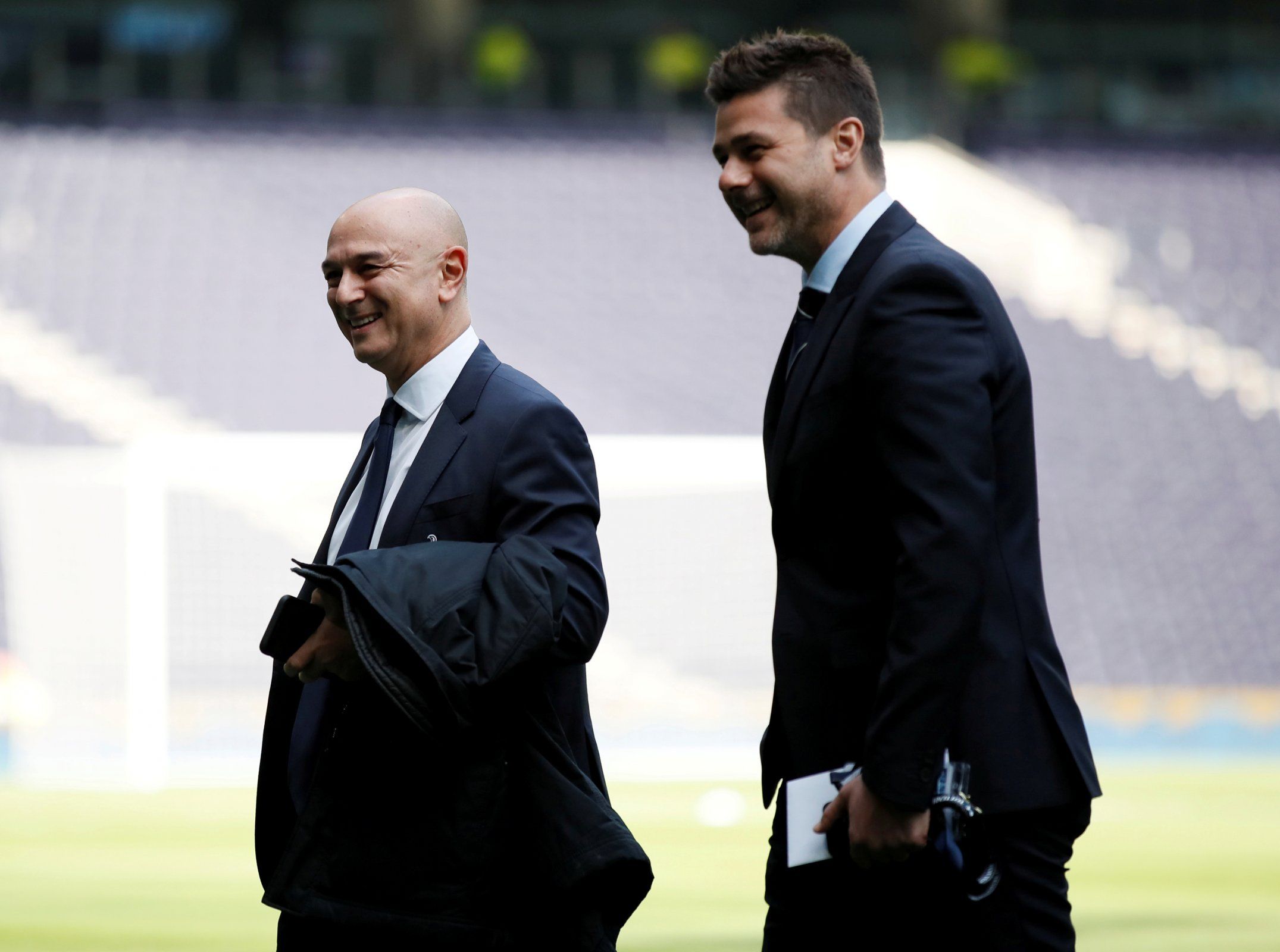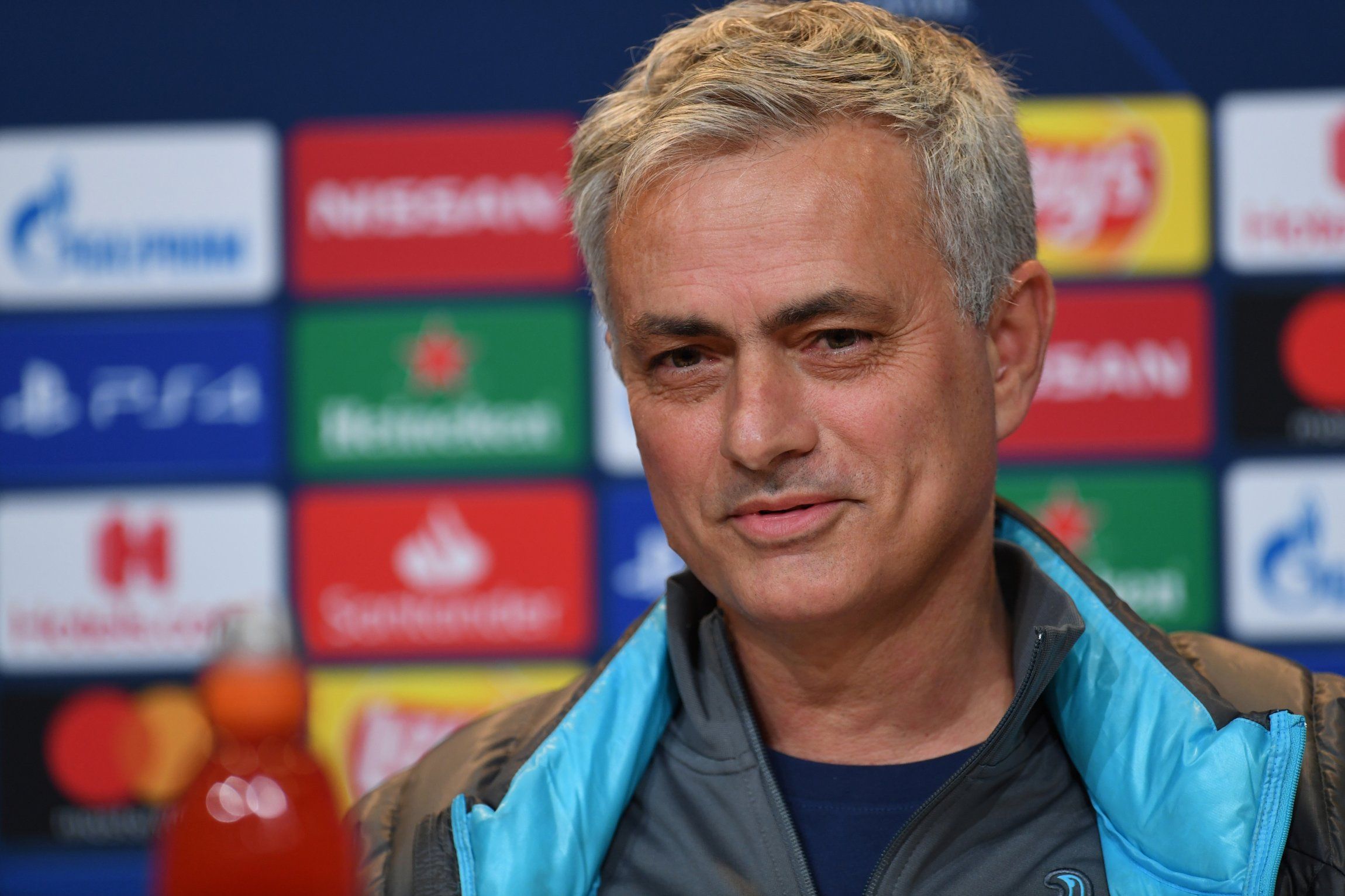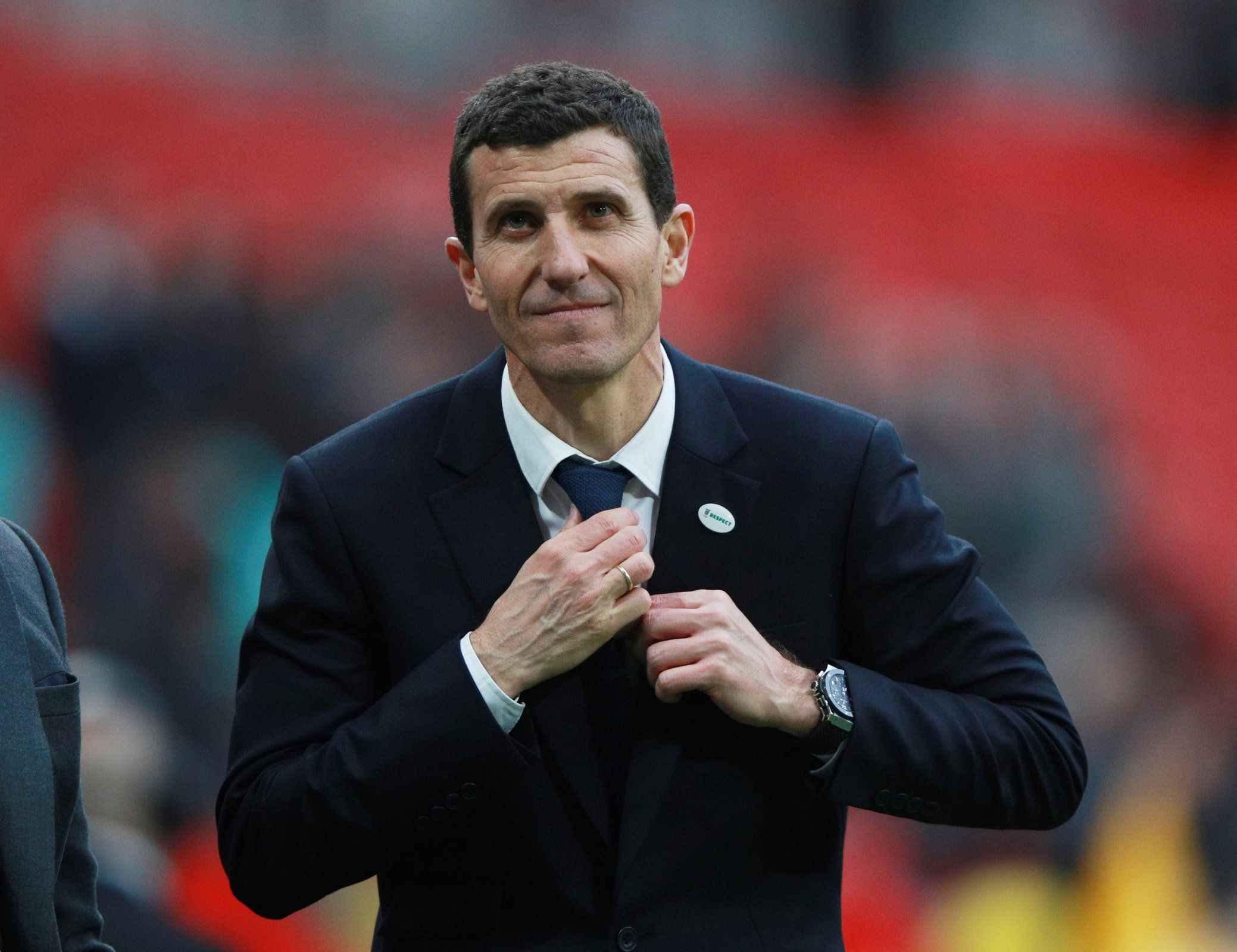They’re not calling it fatal fortnight but they probably should be. November 19th 2019 will go down as a watershed day not only in Tottenham Hotspur's history but also in the Premier League's.
It was a Tuesday evening and, for those millions who haven’t yet grasped the concept of a finite reality, people settled in to feast their eyes upon a 60 minute political debate between Boris Johnson and Jeremy Corbyn - or, in other words, people willingly agreed to stare into the abyss and ponder over the realisation that the only explanation for the UK's political fiasco is that we are mere subordinates living in a simulated reality.
The debate took place at Media City in Salford, but back in the capital a tectonic plate shifted. Mauricio Pochettino, a man who had stolen the hearts of Spurs fans and neutrals alike during a dramatic stint in north London, was sacked just before the debate kicked off and the news spread like wildfire on social media, leaving fans questioning the soul of modern day football and the distinct lack of loyalty within it.
Before the public had even had time to digest such a stunning decision, Jose Mourinho was back in a Premier League hotseat by Wednesday morning, quips prepared, rehearsed and perfected ahead of the official relaunch of Jose 2.0 - otherwise known as The Humble One.
In the blinking of an eye Daniel Levy had epitomised the extent of his ruthlessness and sent out a message to the Premier League's boardroom schmucks. That’s right, the men in suits who make all the decisions and blame the managers when it turns out their transfer policy, which would leave plenty to be desired on football manager, has actually produced nothing close to resembling a well-oiled football team.
Perhaps he had confirmed those suspicions of supporters who strongly believe that loyalty in football is already verging on an archaic concept, but there was a business logic behind the decision and it clearly set a precedent for the rest of the division.
Prior to the Argentine’s dismissal only one manager had been sacked in England’s top-flight, which isn’t bad going for a characteristically trigger-happy division. Javi Gracia left Watford after just four games of the season following a 20 month spell in which he managed to take the Hornets to the FA Cup Final.
The domestic cup run, which ended in a 6-0 final defeat to Manchester City just four months prior to his dismissal, clearly counted for nothing when the decision was made, but if there’s anything Watford do represent it’s anything resembling an antonym of loyalty or patience. Business as usual at Vicarage Road.
The Pochettino decision, though, prompted the beginning of a 16 day period of time (let’s call it a fortnight for sake of well-intended sensationalism and drama) which saw three more managers dismissed. Unai Emery was the first to go on November 29th. Quique Sanchez Flores - Gracia’s successor - followed the Spaniard into unemployment two days later before the final execution was completed on the evening of December 5th with Marco Silva's dismissal.
All of the aforementioned managers, to a degree, had it coming and there is a web of clear reasoning behind the decisions made by each of their respective former employers. But it is intriguing to note that these three sackings arrived almost immediately after Poch was sent on his way.
Everyone is always comparing themselves to their peers and football is no different. If Tottenham are bold enough to sack a man as widely loved and revered as Pochettino, why should Farhad Moshiri or Stan Kroenke have an issue dismissing Silva or Emery? What possible justification could they have had to show patience in a profession so markedly devoid of it? The tone was set and the dominoes fell accordingly, leaving Pochettino as a contender for two new jobs quicker than he could become a martyr at his former club.
Tottenham’s motto suggests To Dare is to Do. Regardless of whether Spurs fans agreed with Levy’s decisions, there can be no doubting he stayed true to the club’s core message when pertinent questions were asked about the direction the club was moving in.
He acted when most would have persisted, hoping and praying that something would change, that things could be different. It’s a calculated dare that’s paying off right now and, given Mourinho’s return of four wins from six games at the helm, the early prognosis suggests the enigmatic businessman is as shrewd as they come in his niche field of work.
Regardless of the short or long-term merits of the decision, though, fatal fortnight proved revealed Levy's wider influence in the Premier League.



